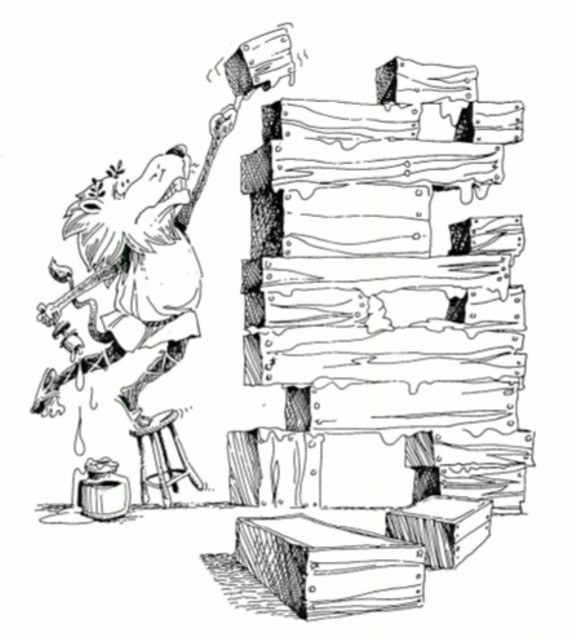
|
|
Lecture Notes
- Tuesday January 17, 2012 : Introduction.pdf;
- Thursday January 26, 2012 : 02ObjectiveCRepresentation.pdf;
- Tuesday January 31, 2012 : 03MemoryManagement.pdf;
- Tuesday February 7, 2012 : 04FoundationViewsTouches.pdf;
- Thursday February 9, 2012 : 05GraphicsAnimationImages.pdf;
- Thursday February 23, 2012 : Ricketson.zip;
- Tuesday March 20, 2012 : PersistenceBasics.pptx;
- Thursday March 22, 2012 : PersistenceSQLite.pptx; MySQL.zip.
Code Fragments
Sample code covered in class.Miscellany
Apple Support
Apple's iOS Development Center has an enormous amount of material to support the development of software for iOS. The Software Development Kit (SDK) includes the Xcode development system, an Objective-C compiler and linker, an interface builder, a debugger, iPhone and iPad simulators and the Cocoa Touch software stack. The most recent version of the SDK (as of this writing) is iOS 5.0 and Xcode 4.2.The iOS SDK is implemented only on Intel-based Macs running OS X 10.7 (Lion) so if you are a Windows user, or if you have an older version of OS X you'll have to use one of the Macs in the CS Lab (Fulton 160) or you'll have to otherwise get your hands on a Mac.
Whether or not you are planning to use your own Mac, you'll need to become a Registered iOS Developer. Registration comes with no strings attached and gives you free access to the SDK and copious documentation, tutorials and videos.
If you do have access to an Intel-based Mac running OS X 10.7 (Lion), you'll probably want to install the iOS SDK on your system. This will allow you to develop apps for the simulators. Running your apps on an actual iPhone, iPad or iPod Touch is more complicated and will be explained in class.
- iOS Development Center;
-
iOS App Programming Guide;
- The Objective-C Programming Language;
-
iOS Developer Library;
Other Resources on the Web
-
Stanford CS 193P iPhone Application Development course. Stanford has offered
iPhone Application Development several times at this point so their materials are
well-developed. What's more, the course has been taught by Stanford CS grads who
work or have worked at Apple. The lectures can be viewed on
iTunes University.